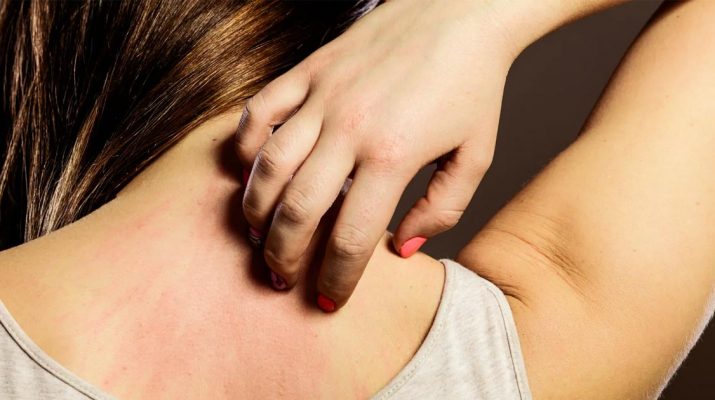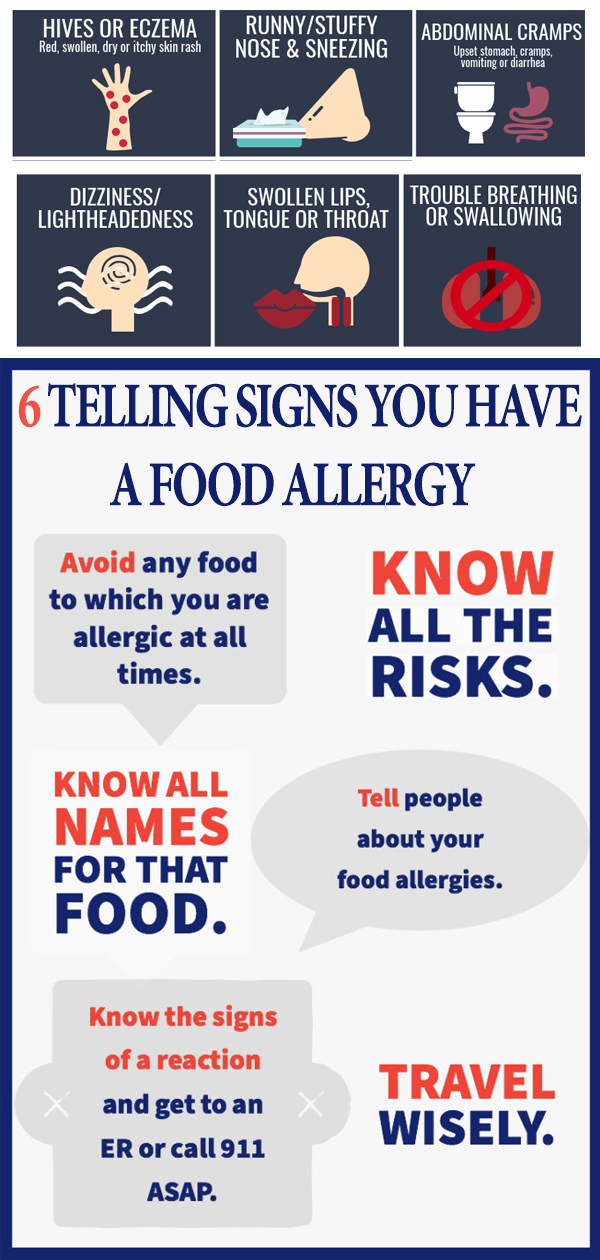It can be a scary feeling when you feel like you might be having an allergic reaction to a food that you’ve just eaten. Most foods are perfectly safe for you, but there are times that hypersensitivity to a specific food can be life-threatening.
A recent clinical review of food allergies says that approximately 10% of the population has a food allergy, and the numbers may be increasing. Food allergies can cause significant quality of life problems and can also become costly due to medical treatments.
The causes of food allergy are likely to be a combination of environmental and genetic factors. Pregnant mothers have been told to include a variety of foods in their diet to give the infant a chance to develop antigens to fight off allergens in utero.
In fact, one study found that ‘there is no evidence to recommend that women modify their diet during pregnancy or take any supplements such as probiotics in order to prevent food allergy in their children.’ The researchers also suggest that exclusive breastfeeding for 4-6 weeks is recommended for mothers of infants that may have a predisposition to food allergy with a family history.
Risk factors for food allergy according to a clinical review include:
* Obesity – already being in an inflammatory state
* Genetics – hereditary family genes may increase your risk
* Ethnicity – there is an increased risk for male, Asian and black children compared to white children
* Prior skin rashes – having atopic dermatitis is a risk factor for food allergies
* Poor diet – low consumption of Omega-3s, low vitamin D, and low antioxidants
The incidence of food allergy has increased over the past decade. The reason for the increase is still unknown. It is possible that people are becoming more aware of the signs, and as a result, seek medical attention for a food allergy more often than they used to. Let’s look at common warning signs that you may have a food allergy.
6 Telling Signs You Have A Food Allergy
Food allergies don’t always show visible signs immediately after consuming the food. Some reactions can take up to two hours to appear.
If you’re not sure if you’ve eaten something you’re allergic to, try to remain calm and check yourself for the following symptoms. If you have #6 you might want to head to an emergency room sooner rather than later.
1. Hives, Itchy Skin
The appearance of redness and bumps on the surface of the skin that are itchy is a sign of a food allergy. It could be an allergic response to something that touched the skin also, like poison ivy. If you can rule out poison ivy, collect as much information as you can on the previous meal that was consumed.
2. Feeling An Itch In Your Mouth
You try to scratch it by rubbing your tongue along the itchy roof of your mouth, but your tongue also itches. An itchy mouth could be a sign of a food allergy.
3. Nausea, Vomiting, And Stomach Pain
If your body is rejecting the food that you’ve just consumed by either causing you nausea or making you vomit, it’s cause for concern. It could also be food poisoning, not just an allergy.
4. Swelling Of The Mouth, Tongue, Or Face
Swelling of the throat can be life-threatening if your airway gets too constricted. Be prepared to head to the emergency room and collect as much information as you can on the previous meal that you consumed.
If this is a minor swelling with no bright red color in the mouth, tongue or throat, you should monitor your food intake carefully as well as the progress of the swelling. If swelling and redness reduce within 30 minutes, no further action is needed.
5. Dizziness
Faintness, lightheadedness or dizziness can occur after eating a food that you may have an allergic response to. Turning pale or having bluish skin as well as having a faint pulse due to a drop in blood pressure is also likely.
6. Difficulty Breathing
Breathing problems like wheezing, coughing or tightness in the throat can be one of the most troubling signs of a food allergy. A severe allergic reaction is called anaphylaxis and it can be deadly. Seek medical attention quickly if you have difficulty breathing, dizziness, a rapid pulse or the feeling of a lump in your throat.
If you’re not having breathing problems yet, but you’re concerned, gather as much information as you can about the food that you ate. If you have the packaging, that’s best. If not, write down the name of the restaurant, time of day that you ate there and anything you can recall about the contents of the meal. You’ll have the important details ready for the doctor’s office if you need it.
Rather than dealing with food allergies by avoiding the foods that you suspect, ask your medical professional for a skin test to find out if you really do have an allergy. Cooking suspected foods can also reduce their allergic potential.
According to the American College of Asthma, Allergy and Immunology: ‘The most severe allergic reaction is anaphylaxis, a life-threatening whole-body allergic reaction that can impair your breathing, cause a dramatic drop in your blood pressure and affect your heart rate. Anaphylaxis can come on within minutes of exposure to the trigger food.
It can be fatal and must be treated promptly with an injection of epinephrine (adrenaline).’ Some people carry an Epipen to deliver a shot of adrenaline in case of a life-threatening food allergy.
People with food allergies have to be vigilant about processed foods and foods at restaurants, potlucks and backyard gatherings. For parents of children, it is important to make sure that caregivers know the precautions to take and are just as vigilant about what foods the children will have access to.


